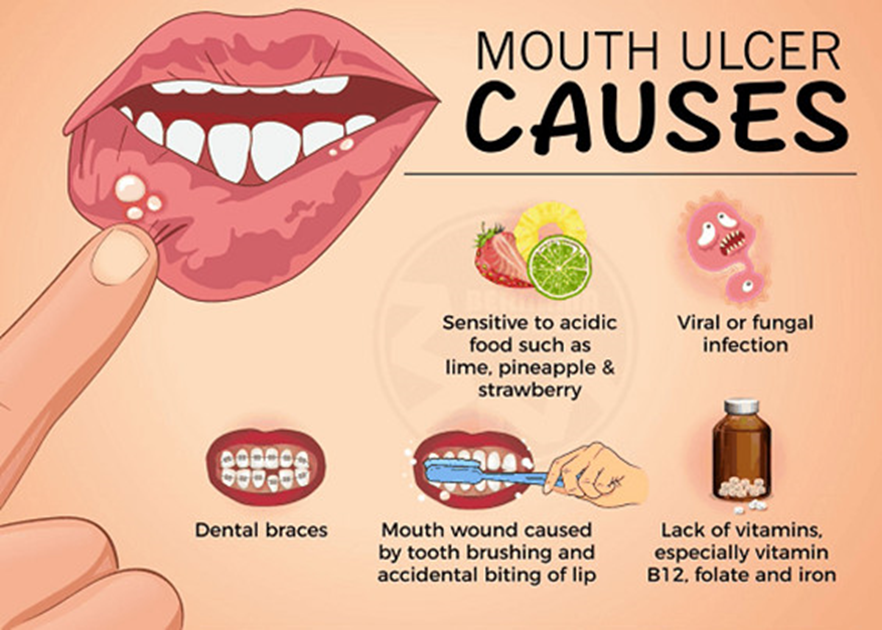The nurse is administering sucralfate to a client with stomatitis secondary to chemotherapy. The client wants to take the medication after breakfast. How should the nurse respond?
Document the client’s refusal of the medication at this time.
Explain the need to take the medication at least 1 hour before meals.
Allow the client to take the medication up to 1 hour after breakfast.
Instruct the client to take it when the meal tray is delivered.
The Correct Answer is B
Choice A reason:
Documenting the client’s refusal of the medication at this time is not the best response. While it is important to document any refusal of medication, the nurse should first educate the client on the proper administration of sucralfate. Sucralfate works by forming a protective barrier over ulcers, and it is most effective when taken on an empty stomach, at least 1 hour before meals.
Choice B reason:
Explaining the need to take the medication at least 1 hour before meals is the correct response. Sucralfate should be taken on an empty stomach to ensure it can effectively coat the stomach lining and protect it from acid. Taking it before meals maximizes its efficacy in treating and preventing ulcers.

Choice C reason:
Allowing the client to take the medication up to 1 hour after breakfast is not appropriate. Sucralfate needs to be taken on an empty stomach to form a protective barrier over the ulcer. Taking it after a meal would reduce its effectiveness, as the presence of food can interfere with its action.
Choice D reason:
Instructing the client to take it when the meal tray is delivered is incorrect. Sucralfate should be taken on an empty stomach, at least 1 hour before meals, to ensure it can properly coat the stomach lining and provide the necessary protection against stomach acid
Nursing Test Bank
Naxlex Comprehensive Predictor Exams
Related Questions
Correct Answer is B
Explanation
Choice A reason: Insulin glargine is a long-acting insulin used to manage blood glucose levels in patients with diabetes. It is not typically used for the acute management of severe hypoglycemia. Instead, fast-acting glucose sources or glucagon injections are recommended for severe hypoglycemia. Therefore, teaching the family how to inject insulin glargine for severe hypoglycemia is not appropriate.
Choice B reason: Teaching the client self-injection skills for daily subcutaneous administration is crucial. Insulin glargine is administered once daily to provide a steady level of insulin throughout the day and night. Proper self-injection technique ensures that the medication is delivered correctly and effectively, which is essential for managing blood glucose levels in type 2 diabetes.
Choice C reason: While it is important for patients to monitor their blood sugar levels, insulin glargine dosing is typically fixed and not adjusted based on before-meal blood sugar readings. Instead, adjustments to the dose are made based on overall blood glucose trends and A1C levels, under the guidance of a healthcare provider.
Choice D reason: Increasing the dosage of insulin glargine in response to ketoacidosis is not appropriate. Diabetic ketoacidosis (DKA) is a medical emergency that requires immediate treatment with rapid-acting insulin, fluids, and electrolytes. Patients should be instructed to seek emergency medical care if they experience symptoms of DKA.
Correct Answer is A
Explanation
Choice A reason: Baclofen is a muscle relaxant that can cause side effects such as dizziness and fatigue, especially when starting the medication or adjusting the dose1. These symptoms are usually temporary and may subside as the body adjusts to the medication. Advising the client to avoid hazardous activities, such as driving or operating heavy machinery, helps prevent accidents and ensures safety while the body adapts to the new medication.
Choice B reason: Increasing the intake of fluids and high-protein foods is generally good advice for overall health but is not specifically related to managing the side effects of baclofen. While staying hydrated and maintaining a balanced diet can support overall well-being, it does not directly address the dizziness and fatigue caused by baclofen.
Choice C reason: Stopping the medication immediately is not recommended without consulting a healthcare provider. Abruptly discontinuing baclofen can lead to withdrawal symptoms, including hallucinations and seizures4. It is important to follow a healthcare provider’s guidance when adjusting or stopping any medication.
Choice D reason: Obtaining transportation to the emergency department is not necessary unless the symptoms are severe or accompanied by other concerning signs, such as difficulty breathing or chest pain. Mild to moderate dizziness and fatigue are common side effects of baclofen and can typically be managed with caution and monitoring.
Whether you are a student looking to ace your exams or a practicing nurse seeking to enhance your expertise , our nursing education contents will empower you with the confidence and competence to make a difference in the lives of patients and become a respected leader in the healthcare field.
Visit Naxlex, invest in your future and unlock endless possibilities with our unparalleled nursing education contents today
Report Wrong Answer on the Current Question
Do you disagree with the answer? If yes, what is your expected answer? Explain.
Kindly be descriptive with the issue you are facing.
